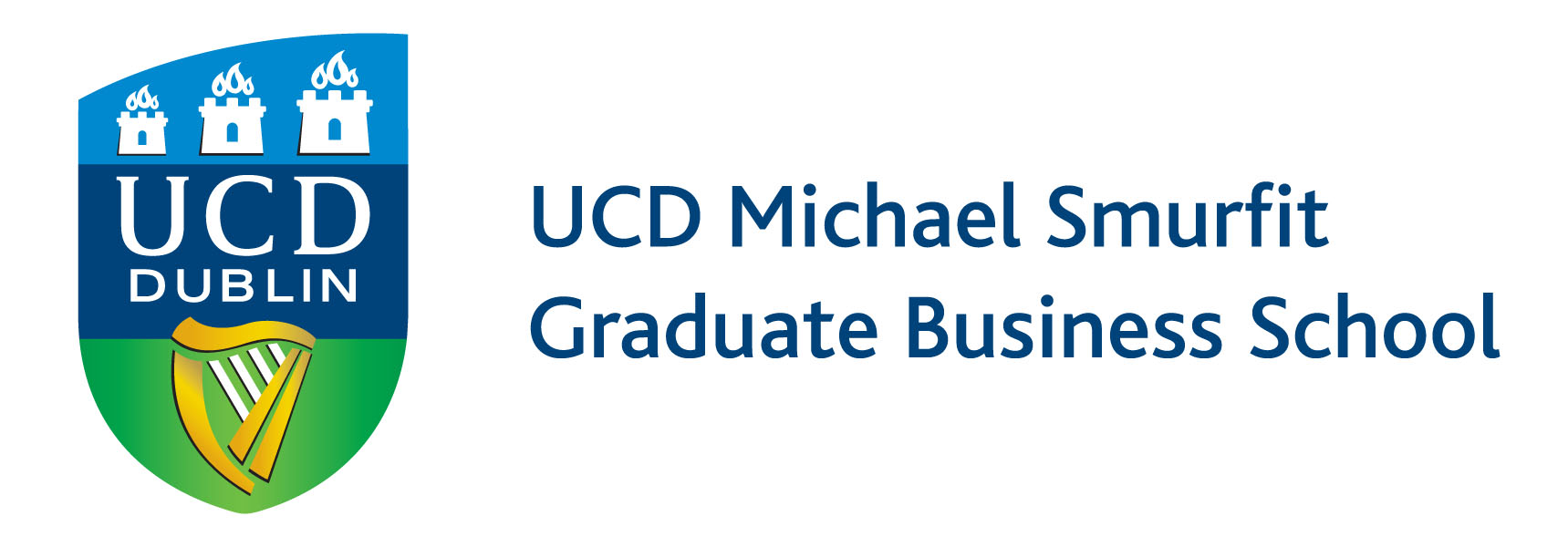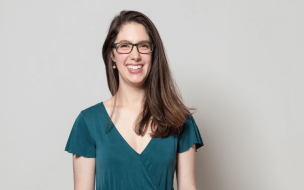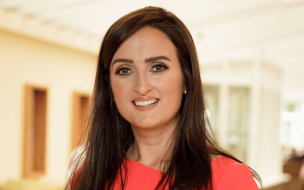Over the last few decades, the Asian miracle economies have taught the world significant lessons about creating institutions that catalyze high growth, and on how to form robust technology acquisition strategies.
In such a context, where the innovation of rapidly-developing emerging markets cannot be ignored, MBA students would do well to understand rationales underlying success stories.
University College Dublin's Michael Smurfit Graduate Business School does not take this matter lightly. Last year, Ireland was named the Eurozone’s fastest-growing economy for the fourth year in a row, and the Smurfit MBA emphasizes learning from similarly fast-growing emerging markets abroad.
The degree includes a module centered on business in international markets. As a core element of the program, the module teaches students about the specific cultural-institutional practices and economic achievements of different countries.
MBA graduates participate in an international study tour as part of the module, where they have had the opportunity to visit places like South Africa, India, China, and Brazil. This year's MBA cohort had the option of travelling to Chile and Peru, where they visited organizations such as Fundación Vivienda—an NGO providing emergency housing to those affected by natural disasters. Alternatively, they had the choice to visit Singapore and Vietnam, and learn how businesses operate in a South-East Asian context.
Medhav Gondi, an Indian MBA graduate from Smurfit, travelled to Japan and South Korea as part of the module last year.
"The tour was rigorous," Medhav says, "We had two or three workshops every day. Our class learned about the social, political, and economic context of the countries, and how they manifest in the business landscape.
"We learned about companies' interactions with labor unions, and how the strategizing of these interest groups has played out. We looked into regulatory mechanisms operating in these countries and how businesses navigate these different mechanisms.
"We also learned about specific challenges these countries are facing. Japan's young population is decreasing, and we were given insight into how the country and companies are dealing with this issue.
"The trip laid the foundations for understanding how businesses cope with the particularities of different regions."
Medhav says that before choosing the Smurfit MBA, he was considering programs in Australia, India, and the US. However, he was impressed by Ireland's impressive rates of growth and says that the country seemed to present the perfect environment for job opportunities.
Ranked in the top 100 business schools around the world by the Financial Times, the school's academic reputation was another factor driving Medhav's decision. "Smurfit is very well-reputed in India," he explains, "and once I received a scholarship I was set to do my MBA there."
Medhav now works as a technology consultant at Accenture in Dublin, and stresses the diligence of the career service at the school. "They're extremely helpful," he says, "from framing our CV to high standards and connecting us with relevant individuals, to organizing mentorship schemes and individually coaching students—the career service prepared us for securing jobs after graduation."
When selecting his MBA, Medhav sought a program that would broaden his perspective and provide him with greater global exposure.
International awareness not only comes with the unique study trips tailored by Smurfit, but also with the diversity of the program. Around 70% of the Smurfit MBA cohort are international students.
"We were 30 odd people, with representation from Vietnam, Poland, Germany, the US, and so many more countries,” Medhav continues. “That kind of diversity truly enhanced our learning experience."








